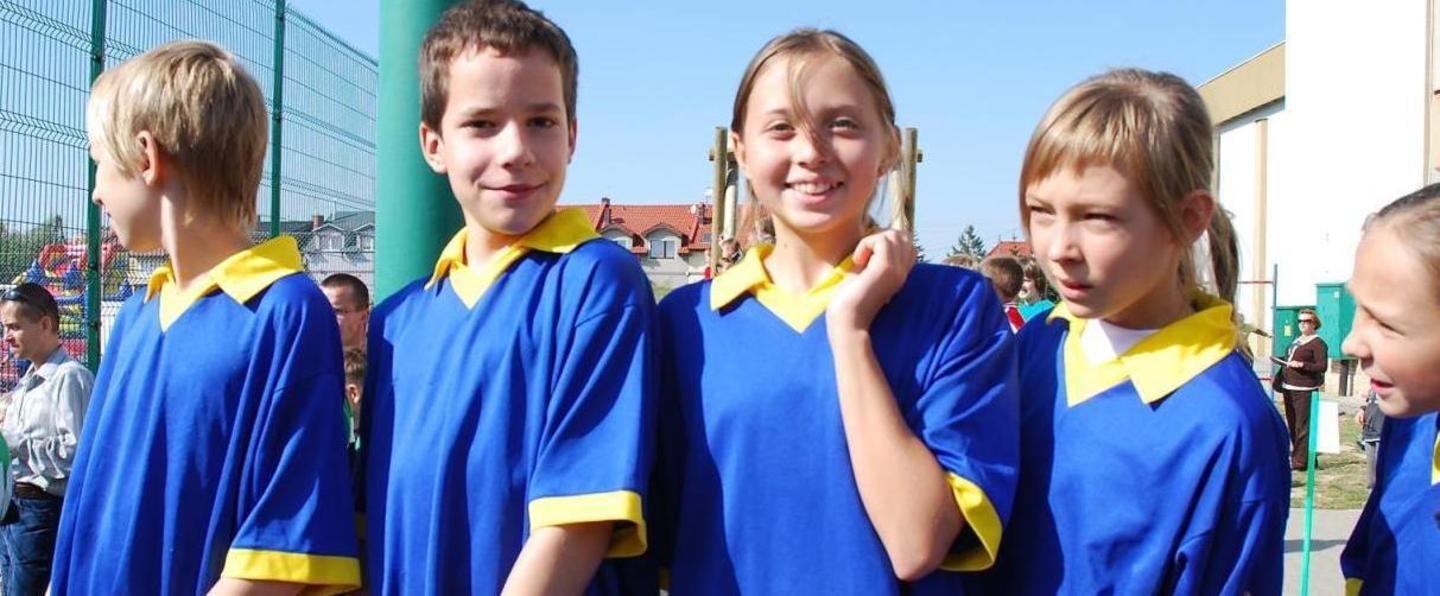Among the key findings of a mid-term evaluation of the EEA and Norway Grants, conducted by PricewaterhouseCoopers (PwC), is the significant interest for the grant schemes among stakeholders in the beneficiary states and the EEA-EFTA states.
- u0009
The EEA and Norway Grants are meant to be complimentary to EU programmes in the beneficiary states, something that has given the beneficiary states the opportunity to steer the grant schemes towards smaller-scale projects, also those of non-governmental organisations and other civil society actors. The funds are distributed on the basis of open calls for proposals in the beneficiary states, and these have been highly popular and have generated a very high number of applications.
The mid-term evaluation was commissioned by the Norwegian Agency for Development Cooperation (Norad) on request from the Norwegian Ministry of Foreign Affairs (NMFA) to provide input to the continued implementation of the current grant schemes and to the planning of future grant schemes.
According to the report, funds and programmes appear to be most successful. They have a programmatic approach, clear prioritization, objectives and targets. The reviewers suggest that more responsibility be delegated to the beneficiary states when it comes to the appraisal of applications, selection of projects and monitoring of implementation. The report also recommends to further clarify the objectives of the grant schemes and to provide clearer links between overall and project objectives.
According to the report, there is a high willingness from the donor and administrative side to learn from experience and make necessary improvements. Several reviews have already been conducted in this regard. This report gives new input before the upcoming negotiations for a new grant period (2009-2014), expected to start between the European Commission and Iceland, Liechtenstein and Norway by the end of September.
